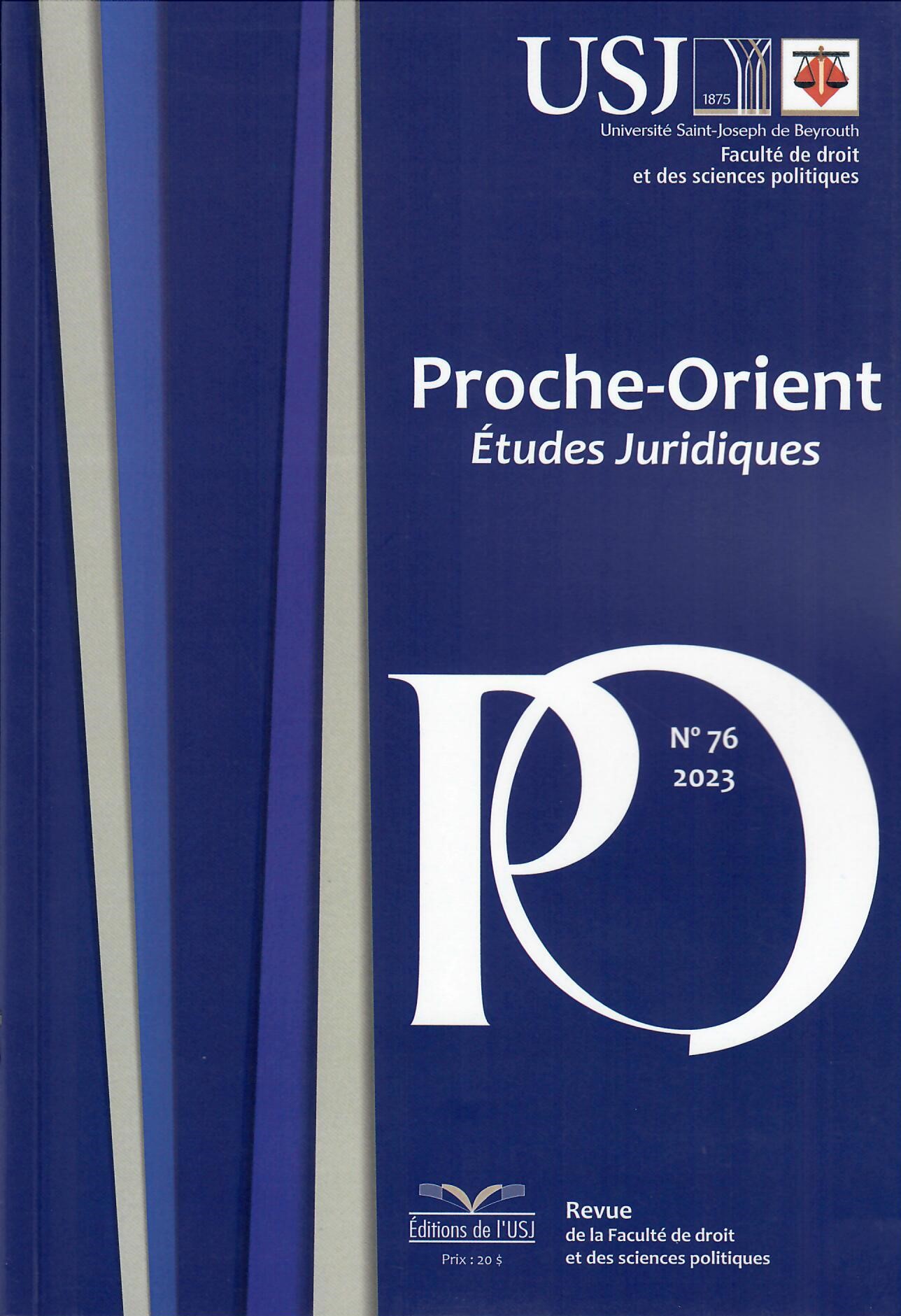Abstract
The Banking Secrecy Law, adopted in Lebanon in 1956, formally prohibited banks and their personnel from disclosing any information relating to their clientele to any public or private party. The purpose of enacting this law was to attract financial inflows to Lebanon in the 1950s and 1960s, a period that coincided with the oil boom in Gulf countries, and nationalization processes in neighboring Arab countries, especially Egypt and Syria, as well as later from wealthy Gulf oil monarchies. While this legislation ensured the protection and confidentiality of these deposits, it weakened tax citizenship, promoted a culture of corruption and impunity, encouraged tax evasion and solidified income and wealth inequality. The banking secrecy, nearly absolute and only exceptionally revocable, experienced its first breach with its complete removal for non-resident taxpayers in Lebanon in 2016, in accordance to Law n° 55 on the Common Reporting Standard (CRS or MAC), followed by Law n° 306 of October 28, 2022, applicable to residents. This law amended radically provisions of the bank secrecy law to enhance anti-money laundering and counter-terrorism financing measures, combat corruption, enhance tax compliance, and reduce tax evasion in line with international standards. It is noteworthy that this law was one of the prerequisites demanded by the International Monetary Fund to reach a comprehensive support and financing program agreement with Lebanon, a program that is still pending.

